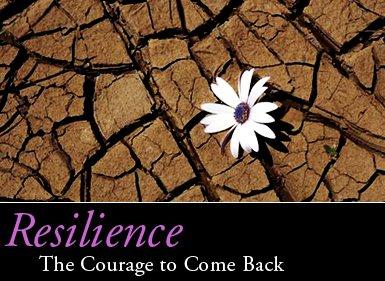What’s more important? A new agent’s knowledge of the business, or their confidence in their ability to be successful once they’re out on their own? Training and coaching new agents requires that you know what’s going on in their heads…not just when you’re training them, but after they’ve left the support and energy of the training room and have begun to take the steps required to earn business. 
Here’s what often happens: They are excited to learn, they soak up all the great training, and then they go home and try to put into action what they’ve learned…they stumble, make mistakes and begin the negative internal dialogue that slowly leads to inertia. I’m sure you’ve encountered an agent who is in a slump or who has just begun their career and appears to suddenly have little confidence in their abilities. New research might be helpful in addressing this pattern before it surfaces.
Preventing these funks and building lasting confidence takes more than an optimistic pep talk. It takes figuring out what might be going on between the ears that could undermine performance. Most people at some point (and some more than others) have a tendency to get into ruts of negative self-talk and believe false things about themselves and their abilities.
There is a great deal of research on the impact on negative self-talk. Negative self-talk is the barely conscious, blatantly negative explanations of who we are, how we are perceived, and how we perform.
One group particularly prone to negative self-talk is teenagers. An estimated two million 12- to 17-year-olds experience clinical depression annually. In light of this, there is a group of researchers from University of Pennsylvania’s Positive Psychology Center, who have found that building resilience in younger children can help thwart depression before it starts. The pair has developed school-based curricula that teach educators, parents, and ultimately kids the core skills of resilience.
Psychologists Karen Reivich and Jane Gillham have conducted 17 studies of nearly 2,500 middle-school students and have demonstrated that if resilience training is taught before kids enter this sensitive period, depressive symptoms can be reduced long after the training.
“A key resilience-building skill they teach is how to identify the link between self-talk (in essence, what’s playing on kids’ ‘internal radios’) —and kids’ feelings and behaviors, says Gillham. Negative self-talk can create self-fulfilling prophecies, leading kids to behave in ways that create new situations that only reinforce the negative thoughts they have about themselves. Say, for example, that a child does poorly on an algebra test. That may prompt her to think, ‘I can’t do math,’ fueling feelings of discouragement and sadness. Because of those thoughts, she stops studying and then bombs the next exam. A downward spiral ensues.
‘A lot of what we’re trying to do is interrupt that process,’ says Gillham. Her approach to positive psychology teaches teachers and parents how to help kids challenge negative self-talk and see disappointments from other angles. Perhaps the hypothetical girl did poorly on the algebra test because it’s an area of math that she finds difficult, though she excels at fractions; perhaps she felt groggy during the exam because she didn’t sleep well the night before. Once the faulty link in those thought patterns has been identified, adults can encourage kids to come up with ways to best tackle the problem. Positive education also encourages kids to identify and embrace their strengths.” (Lindsay Lyon – US NEWS)
The key is to predict and intercept negative thoughts before they derail teens into the downward spiral of depression. So, what would happen if preparing new agents also included resilience training? What if we spent more time discussing individual strengths that will help compensate for the inevitable difficulties? We all know that what happens between the ears is half the battle – Why not anticipate the negative self-talk that is predictable in brand new agents and help inoculate against this internal disease early on?
I’ll bet that the best managers and trainers do some form of this, and may not even know what they’ve been doing until now. It makes sense – We’re onto something when intuitive logic meets research findings.
And if you haven’t thought of it yet… try using this proactive coaching strategy with anyone who is venturing out for the first time in anything. They’ll appreciated it, I’m sure.
Editor’s Note: This article was written by Dr. David Mashburn. Dave is a Clinical and Consulting Psychologist, Partner at Tidemark, Inc. and a regular contributor to WorkPuzzle. Comments or questions are welcome. If you’re an email subscriber, reply to this WorkPuzzle email. If you read the blog directly from the web, you can click the “comments” link below.

